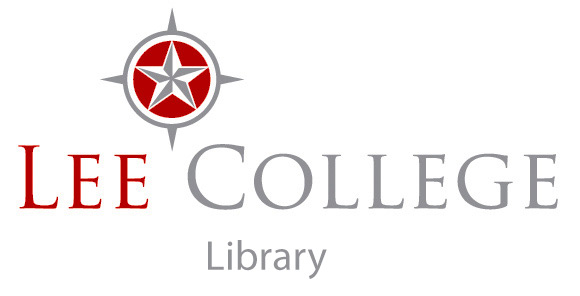|
Strengths
- Generate lists of bibliographic references
- Tutor students by defining terms and explaining difficult concepts
- Solve math problems & debug programs step by step
- Provide first drafts of course syllabi
- Identify scholarly debates on a particular topic and explore subjects through differing theoretical lenses
- Model clearly organized descriptive and argumentative writing on particular topics.
|
Weaknesses
- Only as current as 2021
- Will make things up like George Santos
- Does not cite its sources, but it soon will
- Is free now, but won’t always be, but others will be out there to replace it.
- Educate students on its weaknesses (Wikipedia & AI literacy)
- Statistical predictors of word sequences, no understanding behind their outputs
- Using AI is not thinking
- No emphasis on voice, language diversity, originality and rhetorical thinking.
- Usually no opinion or conclusion is rendered in the results – Summary A, summary B, then depends on a variety of factors and is up to the individual.
- The strength of its responses diminishes rapidly after only a couple of paragraphs.
- It can’t rank sites for reliability, quality or trustworthiness.
- It can’t do the following:
- Write a self-reflection
- Write about anything after 2021
- Provide non-text based responses
- Make predictions about future events
- Browse or summarize content from the Internet
- Draw connections between class content and visual materials.
|
|
Opportunities
- How can we use these tools to enhance teaching?
- When to use AI and when not to?
- How can AI help us achieve or SLO differently?
- Is ChatGPT like slide rules or calculators in math?
- Give students an assignment to purposefully cheat on their final papers to see what they think of it.
- How can we deploy AI writing protocols ethically within our curricula? Can it help under-prepared students?
- Teach students how to fact check everything
- Teach students how to cite AI in the future.
- Have ChatGPT mine proprietary databases not stuff on the Internet.
- Students develop necessary skills to work with AI in the future:
- Know what questions to ask.
- Go beyond crowdsourced knowledge, by being able to catch the AI mistakes
- Leverage AI generated insights into decisions and actions.
|
Threats & Solutions
- Could be considered as cheating
- Return to in class essays
- Use plagiarism detectors that can catch it
- Use AI as a critical thinking lesson. Have the students analyze what ChatGPT got wrong in the areas of logic, consistency, accuracy, and bias.
- Prepare student writers to consider benefits & disadvantages of these tools.
|
